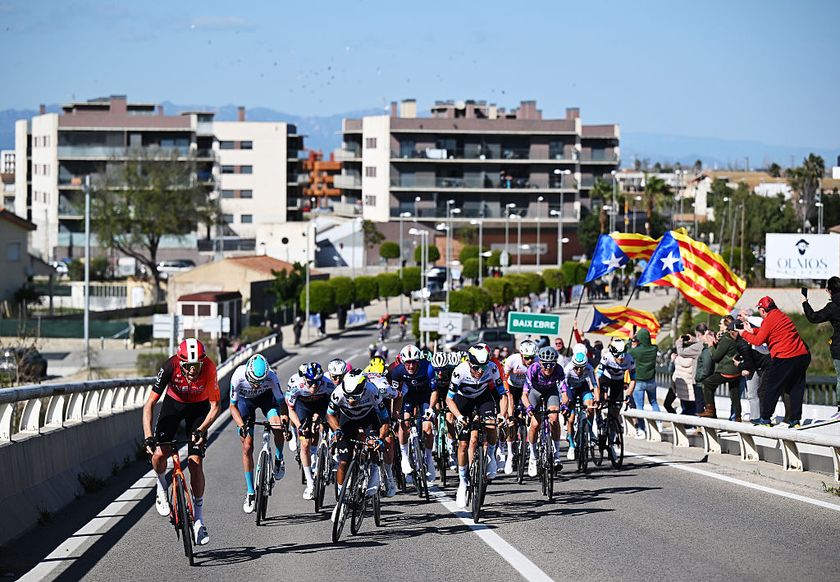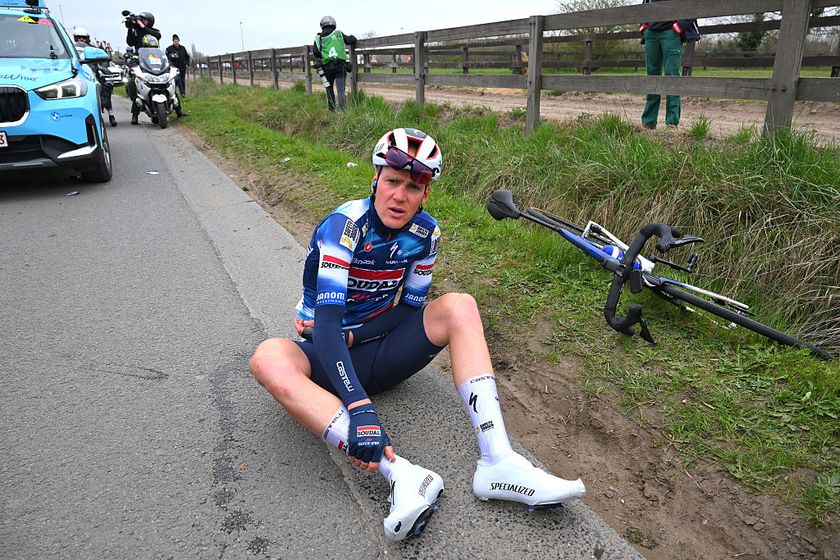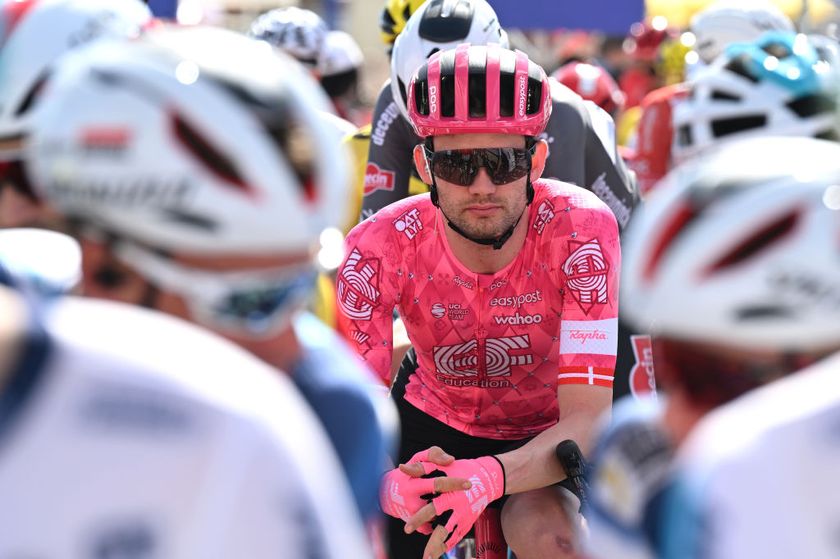WADA toughen up anti-doping laws in wake of Armstrong case
Congress to ratify four-year bans and extended statute of limitations

The World Anti-Doping Agency (WADA) is poised to bring in a raft of tough new measures aimed to make anti-doping legislation more effective in the wake of the Lance Armstrong case, including doubling the usual ban for first time serious doping offenders from two to four years.
The changes to the World Anti-Doping Code, which first came into effect in 2003, should be ratified at this week’s World Conference on Doping in Sport in Johannesburg, and will be effective as of January 1st, 2015. The four year ban for ‘hard’ substances like EPO is arguably the most eye-catching of the new measures, and would ensure that those caught miss the following Olympic Games.
Possibly equally important, though, are the tougher sanctions on trainers and those surrounding and supporting the doping athlete in his or her effort to cheat, with the new clause stating "athlete support personnel shall not use or possess any prohibited substance or prohibited method without valid justification.”
As WADA director general David Howman told the AP agency, “Armstrong was surrounded by a lot of rotten apples.” Howman also praised the USADA for their handling of the Armstrong case, saying they did a “superb job.” On top of that - in a move that may have been sparked by events during the Armstrong investigation - the statute of limitations on doping offences will possibly go up from eight years to 10, and those guilty of intimidating possible witnesses to doping cases will also be sanctioned.
Showing that Armstrong’s oft-repeated assertion that he had “never tested positive” will not be forgotten in a hurry, either, greater emphasis will be placed in on investigations rather than direct testing of blood and urine samples. And yet another possible change to the code could see federations targeting drugs that are known to be used more frequently in their own sport.
Although most of these measures are expected to gain wide support from the 1,000-plus representatives at the four-day conference in South Africa, one that allows banned athletes to train with their clubs for a period shortly before their sanction is over has been questioned.
Although all of the above measures are therefore subject to confirmation, the WADA congress has already announced the imminent launching of a free Whereabouts app for Smartphones and the introduction of the Steroidal Module alongside the - already used - Haematological Module for the Athlete’s Biological Passport. The new module will test urine samples to observe steroidal variables such as testosterone and will therefore help spot anabolic steroid abuse.
Get The Leadout Newsletter
The latest race content, interviews, features, reviews and expert buying guides, direct to your inbox!









